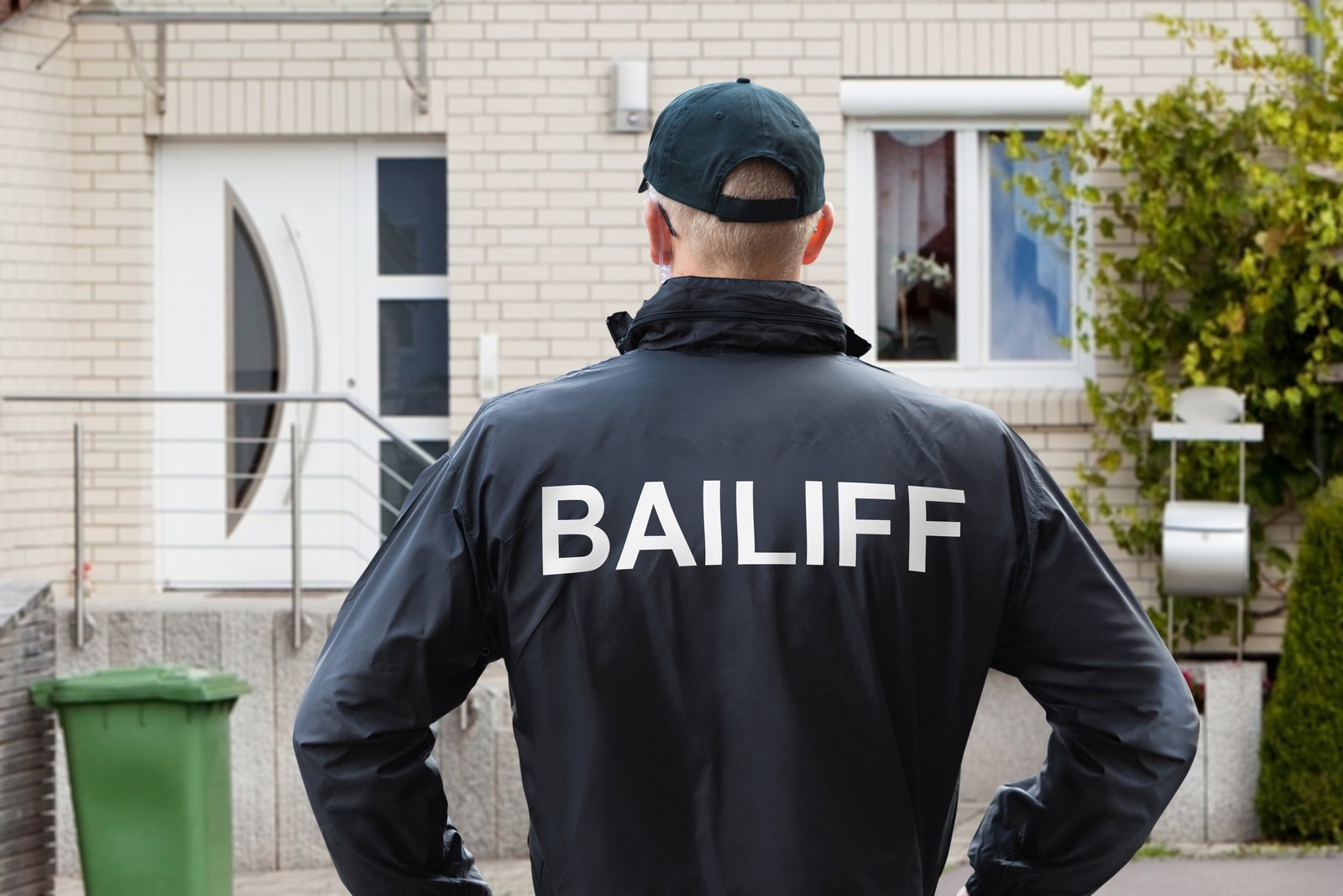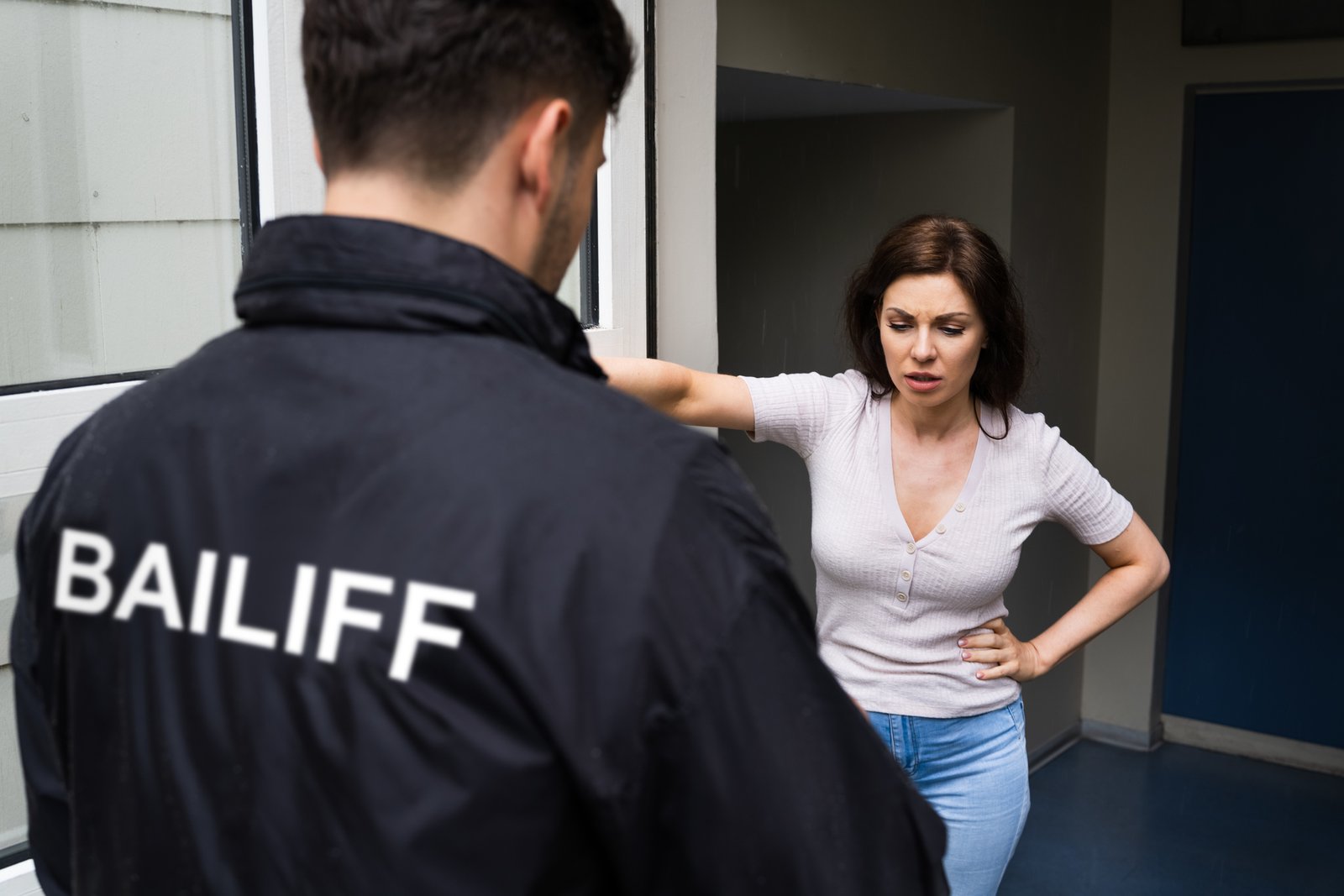If you’re dealing with debt and bailiff action, one of the most distressing questions for pet owners is: “Could they take my dog or cat?” The good news is that under UK law, pets are protected. You don’t have to worry about bailiffs removing your animals.
But that doesn’t mean you should ignore letters or enforcement notices—your debt still needs attention. At Bailiff Helpline, we’ve helped many pet-owners navigate bailiff visits without losing what matters most.
What Times Can Bailiffs Visit?
Bailiffs are only allowed to take non-essential goods owned by the debtor and which can be sold to repay the debt. The rules make clear that bailiffs cannot take pets, guide dogs or support animals. These are not treated as assets that can be seized.
Additionally, items belonging to other people or children are protected. Since pets don’t count as trade goods, they’re safeguarded from bailiff removal.
What This Means for You
Even though your pet can’t be taken, you still need to deal with the debt seriously. Here’s what to keep in mind:
- Pet safety is assured — you can prioritise your animal while seeking help.
- Bailiffs may still visit your home and list items or attempt seizure of other belongings, so responding is important.
- Ignoring letters can lead to added fees or escalated enforcement, even though your pet is safe.
- You still retain full rights to your animals, and bailiffs have no power to claim them for debt recovery.
What Bailiff Helpline Can Do for You
At Bailiff Helpline, we understand how crucial your pet is in your life. We can:
- Confirm your rights regarding pets and bailiffs.
- Help you challenge unfair claims or attempts to misuse enforcement powers.
- Negotiate with bailiffs on your behalf to prevent seizure of goods and stop further visits.
- Explore debt solutions that give you breathing space, so you can protect both your home and your pet.
Your pets are safe — bailiffs cannot take them. But being safe doesn’t mean everything’s resolved. By acting early, seeking help, and knowing your rights, you protect your animal and keep your wider situation in check. Bailiff Helpline is here to guide you every step of the way.
Frequently Asked Questions
- Can bailiffs take my dog or cat?
No. Bailiffs are not allowed to take pets. UK rules clearly protect animals from being seized to repay debts. Your dog, cat, or other household pets cannot be taken.
- Can bailiffs take my dog or cat?
- Can bailiffs take guide dogs or assistance animals?
Absolutely not. Guide dogs and assistance animals are protected. Bailiffs must not interfere with or remove them under any circumstances.
- Can bailiffs take guide dogs or assistance animals?
- Can bailiffs take working animals?
Even if your animal is used for work or support, bailiffs still cannot seize it. Animals are not treated as goods that can be sold to clear debts.
- Can bailiffs take working animals?
- What if my pet is valuable or a pedigree animal?
Even valuable or pedigree animals are protected. Bailiffs must not take pets, regardless of value or breed. - Can bailiffs enter my home to look for pets?
Bailiffs cannot take pets, and they also cannot force entry for most household debts. You do not have to let them in — keeping the door closed protects you and your belongings. - If bailiffs can’t take pets, what can they take?
They may take non-essential items you own outright, such as electronics, luxury goods, or vehicles. Essential household items, tools of trade, and pets are protected. - What should I do if a bailiff threatens to take my pet?
This is unlawful. Do not allow entry. Get their details and contact Bailiff Helpline immediately — we can help you challenge their behaviour and stop further action.
- What if my pet is valuable or a pedigree animal?







